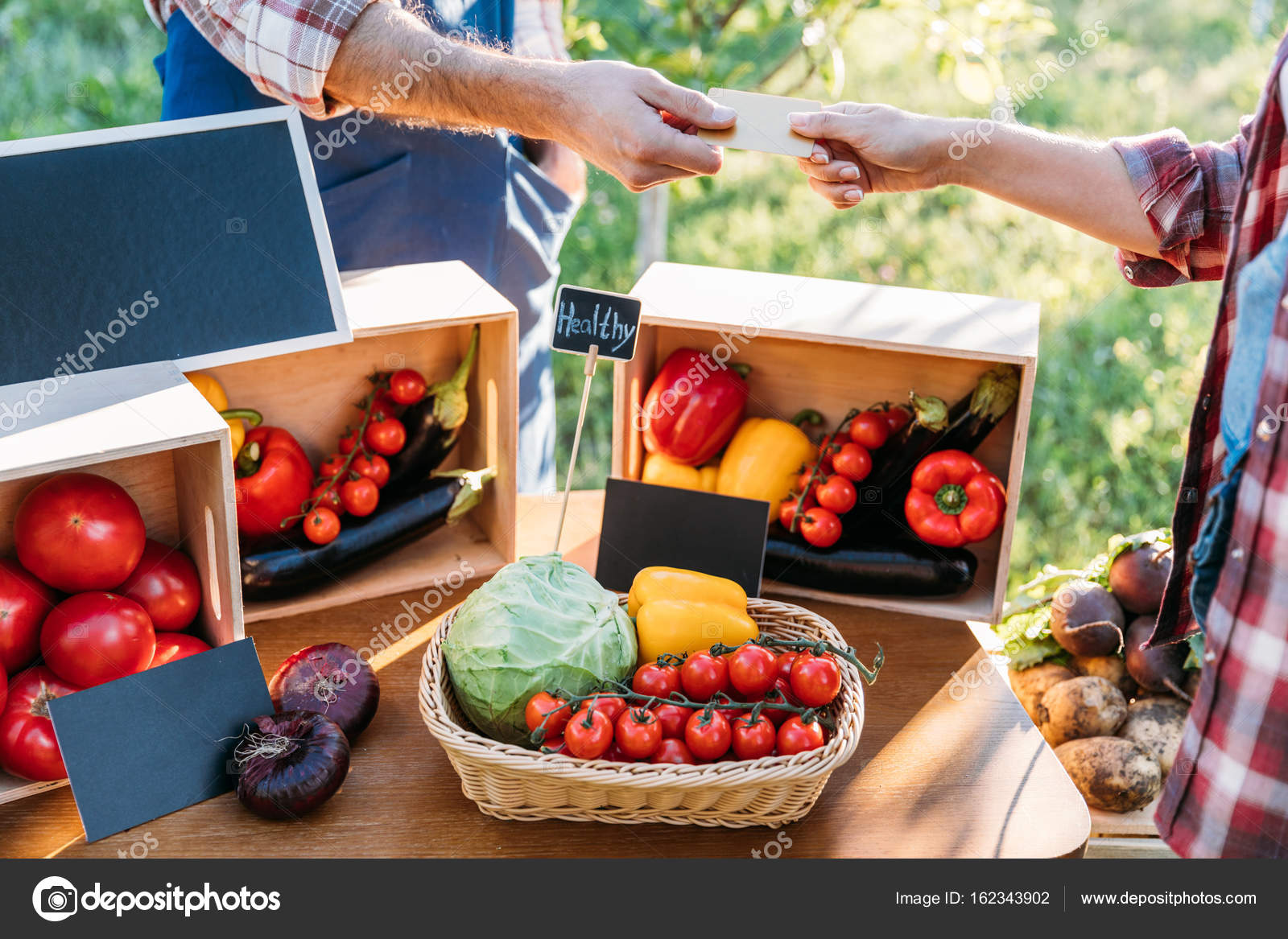¿Cómo usamos podría? - 5 minutos de español - How we use "podría'"? 5 minutes of Spanish/English & Spanish version+podcast
Hello, how are you?
Good morning, good afternoon or good evening depending
on where you are or what time you are listening to us.
 |
| ¿Podría darme 1 kilo de tomates, por favor? |
Thank you very much for being here participating in
this podcast about Spanish, a language that we love and that today summons us.
I am Eduardo Satorno, Spanish teacher at SpanishUp2U and manager of Kemaj
Travel, your travel agency.
I am Malena Algorta, Spanish teacher at Spanish in
Cabo and at SpanishUp2U. If you want to know more about your Spanish practice
site click here
and you will see all the podcasts, videos and lessons we have for you to master
Spanish. We are in 5 minutes of Spanish and this is episode number 88.
Welcome to this podcast, can you tell us what today's
topic is?
In these 5 minutes of Spanish in the middle of the
week, we are going to reflect on the uses of podría, which is the conditional
of the verb poder.
I think it's great since we use podría many times in
everyday life. Let's look at some examples:
In
a store:
¿Podría darme 2 kilos de tomates, por favor? Could you give me 2 kilos of tomatoes, please?
¿Podría probarme esta falda? May I try on this skirt?
¿Podría cambiar este
vestido? May I change this dress?
When we say “podría” you, we use “usted” because we
don't know the other person.
At the table with friends or family:
¿Podrías pasarme la sal, por favor? Could
you pass me the salt, please?
¿Podrías darme la salsa por favor? Could
you give me the sauce please?
¿Me podrías servir agua, por favor? ¿Me podrías
server agua, por favor?
With friends and family we use: tú (informal):
podrías.
In a restaurant:
¿Nos podría traer más tortillas, por favor? Could you bring us more tortillas, please?
¿Podría traernos el menú, por favor? Could you bring
us the menu, please?
¿Podría traer la cuenta, por favor? Could you bring
the bill, please?
Ask a question on the street:
¿Podría decirme dónde está la farmacia, por favor? Could you tell me where the pharmacy is, please?
We use podría to express politeness, just as in
English the conditional is more polite.
Does it have other uses?
Yes, we will also hear it to express capacity or
potentiality.
Let's see examples
Sé que Juan podría hacer este trabajo sin mucho
esfuerzo I know Juan could do this job without much effort.
Me llevo un abrigo, podría
refrescar más tarde I'll take a
coat, it might get cooler later.
We also use podría to suggest an activity
What are we doing on Friday at noon?
We could go to the Spanish in Cabo cooking class,
besides learning some new recipes, we practice Spanish.
Can we use puedes or puede instead of podría?
Yes, but podría or podrías are more polite and can
also be used to express a wish. For example, I want the other person to do
something for me and I say, ¿Podrías
preparar la cena esta noche, por favor? / Could you please prepare
dinner tonight?
But, on the other hand, it can have another meaning:
Shall we see an example?
¿Te gusta como quedó el escritorio? Do you like how the desk turned out?
Está bien pero podría estar mejor. It's good but it
could be better
And you, do you want to know how you could improve
your Spanish?
¿adivinaste? - Have
you guessed?
¡Adivina, adivina,
buen adivinador! Guess, guess, good guesser!
The solution is in SpanishUp2U, click here and you
will see that, step by step, with videos, podcasts, resources, exercises and
live workshops, it helps you to speak like a Latin American.
And how much does it cost?
We give you the opportunity to do it for $1 for the
first month.
Only 1 dollar for all this content. Click here
We could tell you that with SpanishUp2U you are going
to improve your Spanish a lot, but we are not going to, find out for yourself.
Thank you very much for making it this far in the podcast. And thank you for listening, participating,
commenting. Spanish in Cabo and SpanishUp2U would not be the same without
you. We want you to speak and think in Spanish, that's our mission.
If you liked it, share it
See you in the classes or workshops, in the cooking
and language experience or 24/7 on SpanishUp2U.
See you soon
Versión en español
Bye-bye.
Buenos
días, buenas tardes o buenas noches según el lugar en donde estés o a la hora
en la que nos escuches.
Muchas gracias por estar aquí participando en
este podcast sobre el español, lengua que nos encanta y que hoy nos convoca.
Soy Eduardo Satorno profesor de español para extranjeros en SpanishUp2U y
gerente (manager) de Kemaj Travel tu agencia de viajes.
 |
| ¿Podría traer más agua, por favor? |
Soy
Malena Algorta profesora de español para extranjeros en Spanish in Cabo y en
SpanishUp2U. Si quieres saber más sobre tu sitio de práctica de español cliquea aquí y verás
todos los podcasts, videos y lecciones que tenemos para que domines el español.
Estamos en 5 minutos de español y este es el episodio número 88.
¡Bienvenidos a este podcast! ¿Podrías decirnos
cuál es el tema de hoy?
En estos 5 minutos de español a la mitad de la
semana, vamos a reflexionar sobre los usos de podría, que es el condicional del
verbo poder.
Me
parece muy bien pues usamos muchas veces podría en la vida cotidiana. Veamos
algunos ejemplos:
En una
tienda:
¿Podría darme 2 kilos de tomates, por favor? Could you give me 2
kilos of tomatoes, please?
¿Podría probarme esta falda? May I try on this skirt?
¿Podría cambiar este
vestido? May I change this dress?
Al decir podría usamos usted pues no conocemos a la
otra persona.
En la
mesa con amigos o familia:
¿Podrías pasarme la sal, por favor? Could you pass me the salt, please?
¿Podrías darme la
salsa por favor? Could you give me the
sauce please?
¿Me podrías servir agua,
por favor? ¿Me podrías server agua, por favor?
Con
amigos y familia usamos: tú (informal): podrías.
En un
restaurante:
¿Nos podría traer más tortillas, por favor? Could you bring us more
tortillas, please?
¿Podría traernos el
menú, por favor? Could you bring us the
menu, please?
¿Podría traer la
cuenta, por favor? Could you bring the
bill, please?
Preguntar
algo en la calle:
¿Podría decirme dónde está la farmacia, por favor? Could you tell me where
the pharmacy is, please?
Usamos podría para expresar cortesía, al igual que
en inglés el condicional es más amable.
¿Tiene
otros usos?
Si también lo vamos a escuchar para expresar
capacidad o potencialidad.
Vemos
ejemplos
Me llevo un abrigo,
podría refrescar más tarde I'll take
a coat, it might get cooler later.
También usamos podría para sugerir una actividad
¿Qué
hacemos el viernes al mediodía?
Podríamos ir a la clase de cocina de Spanish in
Cabo, además de aprender algunas recetas nuevas, practicamos español
¿Podemos
usar puedes o puede en lugar de podría?
Sí, pero podría o podrías es más amable y también
sirve para expresar un deseo. Por ejemplo quiero que la otra persona haga algo
por mí y le digo, ¿Podrías preparar la cena esta noche,
por favor?
Pero, por otro lado, puede tener otro sentido:
¿Vemos
un ejemplo?
¿Te gusta como quedó el escritorio? Do you like how the
desk turned out?
Está bien pero podría estar mejor. It's good but it could be better
Y tú, ¿quieres saber cómo podrías
mejorar tu español?
¿adivinaste? - Have you guessed?
¡Adivina, adivina, buen adivinador!
Guess, guess, good guesser!
La solución la tienes en SpanishUp2U, cliquea
aquí verás que, paso a paso, con los videos,
podcasts, recursos, ejercicios y talleres en vivo, te ayuda a hablar como un latinoamericano.
¿Y cuánto
cuesta?
Te
damos la oportunidad de que lo hagas por 1 dólar el primer mes
Solamente 1 dólar por todo este contenido. Cliquea aquí
Podríamos decirte que con SpanishUp2U vas a mejorar mucho tu
español, pero no lo vamos a hacer, descúbrelo tú mismo.
Muchas gracias por llegar hasta aquí en el podcast. Y gracias por
escuchar, participar, comentar. Spanish
in Cabo y SpanishUp2U no serían lo mismo sin ti. Queremos que hables y
pienses en español, esa es nuestra misión.
Si te gustó, compártelo
Nos vemos en las clases o talleres, en la experiencia de
cocina y lenguas o 24/7 en SpanishUp2U
Hasta
pronto
Chau, chau.



Comentarios
Publicar un comentario